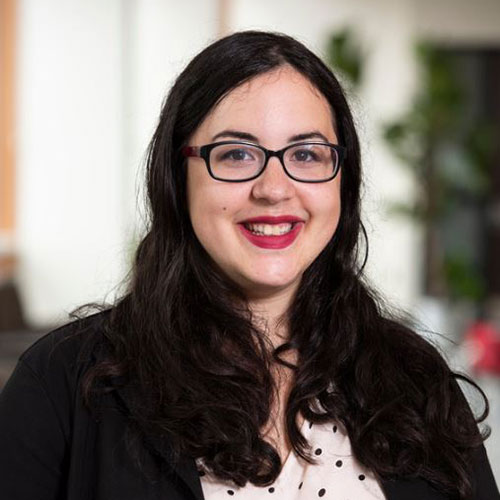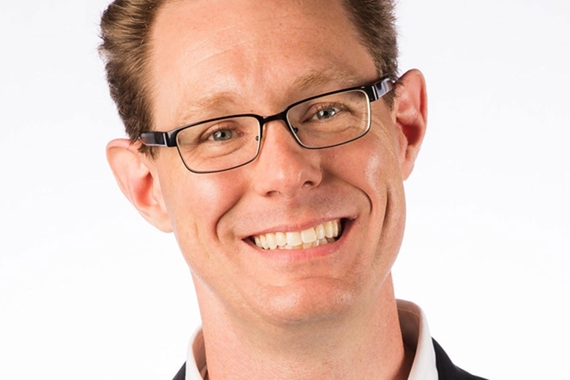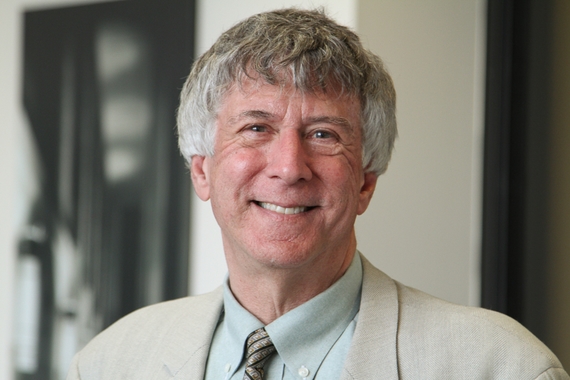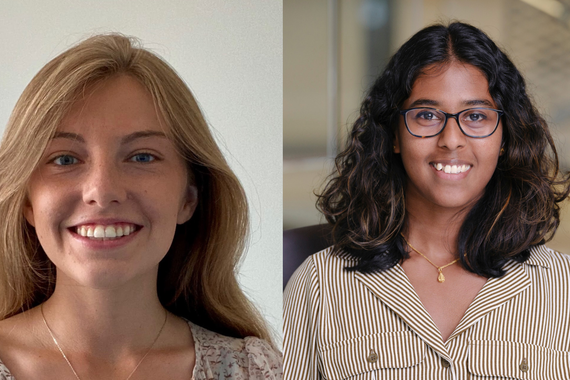Alumni Spotlight: Abigayle McClendon

Abigayle McClendon (she/they)
Major: PSY BS (Spring 2019)
Position: Program Administrator
Employer: TRIO SSS & TRIO Ronald E. McNair Scholars Program
What is your work like? What are your duties?
Within my job, I am responsible for leading all administration tasks related to both programs I work for. I am responsible for financial tasks and training for all of my team members. I am responsible for a team of student workers on tasks including data management, communications, recruitment, and administration. I am also responsible for helping to create a community space for TRIO students to feel like they have a place on campus. This includes working to facilitate affinity groups, events, advising appointments, orientation, and everything in between.
How would you say your psychology degree has helped you with your current job?
My psychology degree has helped me a lot with my current job. Working with and understanding what emotional and behavioral processes can affect students is critical to being able to provide good services. My psychology degree gave me the freedom to explore a lot of different career fields while still developing crucial problem-solving and critical thinking skills needed in any field. I've found that having transferrable skills is needed to succeed in any job. Even if you don't have the exact knowledge of a specific field, having skills that you gain when doing research or preparing papers and discussions can be directly applied to any job.
In what way has your major complemented your current job?
My major has complimented my current job a lot. Since the major has so many different types of classes, I was able to take a huge amount of classes while I figured out the type of psychology that I was most interested in. The class that affected me the most was Psychology of Stress and Trauma. Especially when working with students who experience a large amount of stress. Understanding how stress affects people and the influence it can have on academics has continued to influence how I work.
In general, learning and understanding human behavior has been really helpful. The skills I learned in my research classes have been directly applicable to my job because of the problem learning skills and the step-by-step nature of creating good research. Even the I/O course I tried one semester to see if I liked it was helpful to me for working in an office and understanding what I want out of a career. "
How did you find your current position? Please include any resources you may have used (UMN or otherwise)
I was part of the McNair Scholars program in 2018 and did my research project under Dr. Sylia Wilson in ICD and William Iacono in the Department of Psychology. I continued working with Dr. Wilson throughout my undergraduate career and had the opportunity to serve as her lab manager for two years post-graduation. Within that role, I was responsible for all of our undergraduate research assistants and realized that my favorite part of the job was being able to work with students. When my grant ended, because of my connections with the McNair Scholars program, I knew about the opening for my position as soon as the position opened. I was interested in finding a job at the University so I conducted a lot of informational interviews with everyone in my network and then would ask them if they knew any additional people I could talk to. I learned a lot about the type of career I wanted and the skills and experiences I should have to pursue those careers. I also used the UMN job website, LinkedIn, and Handshake to specifically look up jobs at the UMN.
What advice do you have for our current psych students and recent grads?
- Explore things. You never know what type of thing you're going to like. A benefit of going to such a big university with such a big psychology program means you have the ability to take all sorts of classes. I've tried so many classes and experiences in psychology ranging from social psychology, to neuroscience, to brain imaging, to I/O psych, to counseling. I wouldn't know where I wanted to go now unless I tried all of those things and figure out what I want to do
- EXPAND YOUR NETWORK. It has never been more apparent to me how important networking is than when I was switching careers. I recently made the change from research to counseling/student support and I knew what and where to look because of the connections I made. Even each member of the psych advising team took the time to meet with me and discuss options of what I wanted to do and the steps to get there.
If you are interested in being featured or would like to nominate someone to be featured, please fill out this Google Form. We are always looking to highlight our alumni and their accomplishments!


